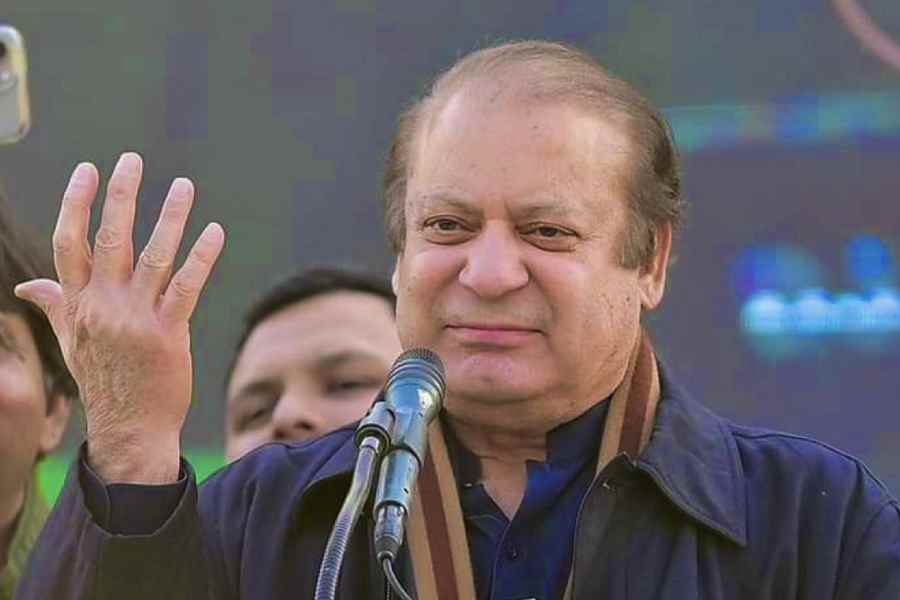On observing the swirling currents of political intrigue in Pakistan, one cannot help but wonder whether the Pakistani army has achieved its objectives. The ascension of Shehbaz Sharif and Asif Ali Zardari to prime ministership and presidentship, respectively, may signal a triumph for some and a defeat for others.
But what is interesting is the fact that history often repeats itself with eerie precision in Pakistan’s politics, revealing striking parallels between the past and the present. This year’s February 8 elections have reignited memories of a particular chapter in Pakistan’s tumultuous past — the watershed events of December 1970. The echoes of that country’s first general elections in December 1970 continue to reverberate, serving as a reminder of the perils of political hubris and military intervention. The infamous rejection of the Awami League’s historic victory in East Pakistan in 1970 by the Pakistani army and Yahya Khan and the subsequent use of military force to suppress dissenting voices are being mirrored not only by the current Establishment’s efforts to dismiss the creditable performance of Imran Khan’s party in the recent polls but also the crackdown on the supporters of the Pakistan Tehreek-e-Insaf.
The past and the present have merged in other ways too. The incarcerations of Imran Khan and Sheikh Mujibur Rahman are uncannily similar; they serve as a sobering reminder of democracy’s vulnerability in Pakistan and the enduring struggle for freedom and justice. Both leaders found themselves in the crosshairs of the military establishment, which viewed them as threats to its grip on power. Mujib’s arrest in 1971, on charges of sedition and conspiracy, mirrors Imran’s jailing on the grounds of incitement of violence. In both cases, the arrests were widely perceived to be politically motivated, orchestrated by powerful forces seeking to silence dissent and maintain their control.
Despite the efforts to tarnish their reputations and undermine their popularity, the charisma of neither Mujib nor Imran has waned. Mujib was steadfast in his commitment to the cause of Bangladesh’s people and autonomy. Imran’s claim of being dedicated to rooting out corruption and injustice has also endeared him to a large number of Pakistanis who continue to rally behind him in his hour of need. The charismatic cricketer-turned-politician’s impassioned calls for reform and accountability have evidently found a receptive audience.
Shehbaz Sharif and Asif Ali Zardari may be pleased with Imran Khan’s fate. But they will do well to remember that the tumultuous landscape of Pakistani politics is characterised by incessant power struggles. As a result, only a select few succeed in traversing this treacherous terrain in which political fortunes change in the blink of an eye. Consider the contrasting fates of Imran Khan and Nawaz Sharif. From serving as a premier, Imran Khan now faces the prospect of prolonged incarceration. Nawaz Sharif, who had been in exile, has now returned to help Pakistan’s new government navigate the muddy waters of political uncertainty.
As if the political churn was not enough, the spectre of military intervention continues to cast a shadow. Taken together, these developments raise questions about democracy’s sustainability in Pakistan. Meanwhile, chaos reigns supreme, leaving Pakistan and its people in a perpetual state of uncertainty.











